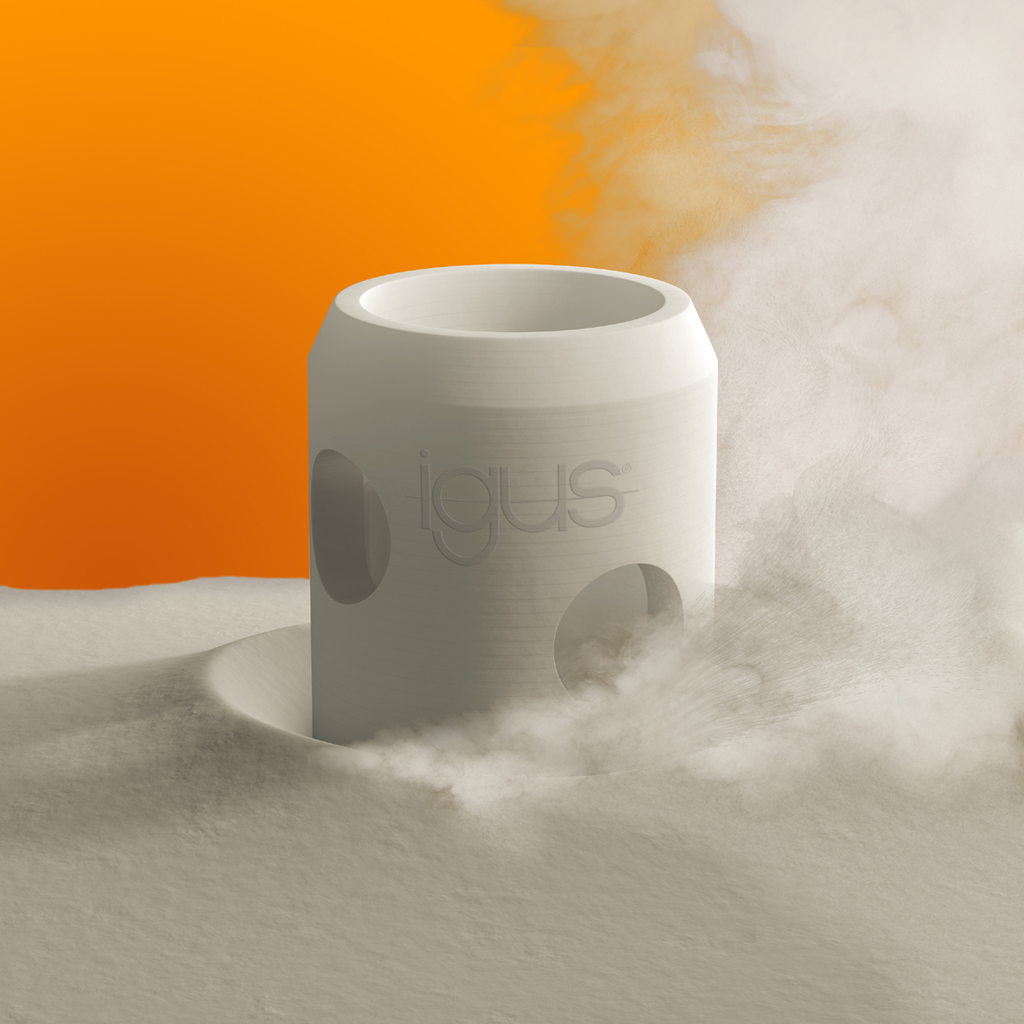
 |
Charlotte Stonestreet
Managing Editor |
Editor's Pick
Rise in demand drives price down for 3D printed plastic parts
07 August 2017
Motion plastics specialist igus has reduced the base price of its iglidur i3‑PL selective laser sintering (SLS) material by 30%, with a corresponding decrease in printed part price. Since its introduction a year ago, there has been a general rise in volume of the material due to overall demand.

“Our customers prefer to use the SLS process for the selective laser sintering process (SLS) for producing 3D parts with better precision, compared to parts printed using the Fused Deposition Modelling (FDM) technique," explains Robert Dumayne, dry-tech director at igus. "Parts printed with the iglidur i3-PL material can also achieve a much higher strength and abrasion resistance using the SLS method.”
An additional benefit of using laser sintering is that no support structures are needed. This is because the loose powder, which is not processed by the laser, acts as the supporting material. Thus less finishing work is required on the components and the parts can be used directly.
In the igus test laboratory, plain bearings made from this material have been compared with those printed from conventional SLS materials. After pivoting, rotating and linear testing, results indicate that the iglidur i3 PL parts are at least three times more wear resistant.
- Low-cost automation support
- Online design of double gears for 3D printing
- Product finder predicts cable lifetime
- FDA & EU-compliant filament
- Cost-Effective Prototyping
- Drilling industry safety award for igus e-loop
- From AI to heat recovery – igus launches 190 new products
- Energy chain applications wanted for igus vector awards
- Lubrication-free bearings for heavy industry
- Industrial robot configurator
- No related articles listed


















